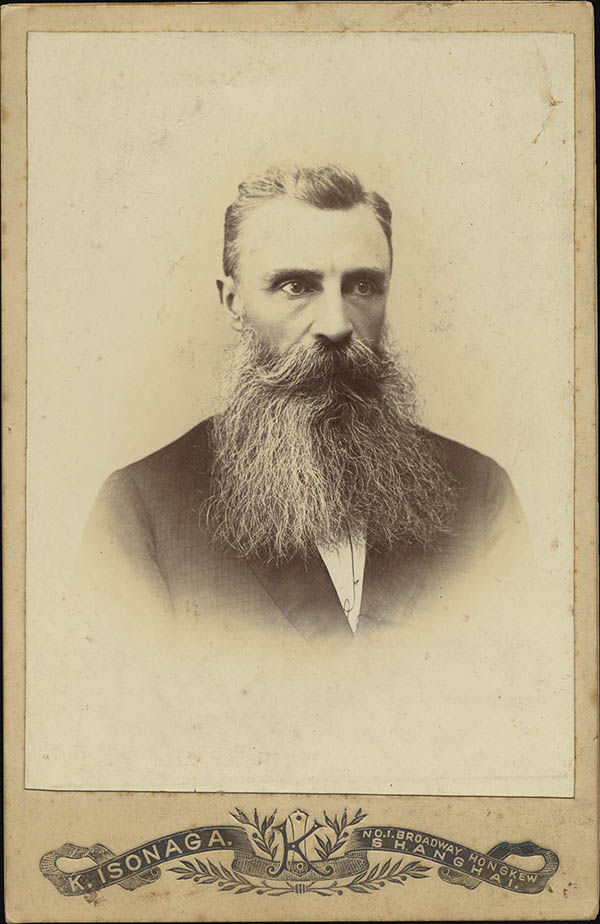Auguste Jean-Marie Pavie (May 31, 1847 - June 7, 1925) was a French civil servant, explorer, and diplomate active in Southeast Asia in the late 19th and early 20th century. Pavie was born in Dinan, Brittany, the son of a cabinetmaker. As a young man he had a thirst for travel and adventure, joining the army in 1864, at age 17. By 1869 he was in Cochinchina (Vietnam) with the Troupes de Marine. He returned briefly to France to fight the Franco-Prussian War (1870 - 1871) but was back in Indochina by late 1871. He was posted to the telegraph station at Kampot, Cambodia, where he remained until about 1879. During this time, he 'went native', wearing local clothing and mastering Cambodian. In 1879, he caught the attention of Charles Le Myre de Vilers (1833 - 1918), governor of Cochinchina. Le Myre de Vilers assigned him to the first of what would become known collectively as the 'Missions Pavie' (1879 - 1895), a series of groundbreaking expeditions spanning some 16 years into the little-known interior of Southeast Asia:
- 1879 - 1885 - Cambodia and Southern Siam as far as Bangkok
- 1886 - 1889 - Northeastern Laos and the Black River as far as Hanoi
- 1889 - 1891 - The Mekong River from Saigon to Luang Prabang
- 1894 - 1895 - The Laos-China-Burma border on the left bank of the Mekong to the Red River.



